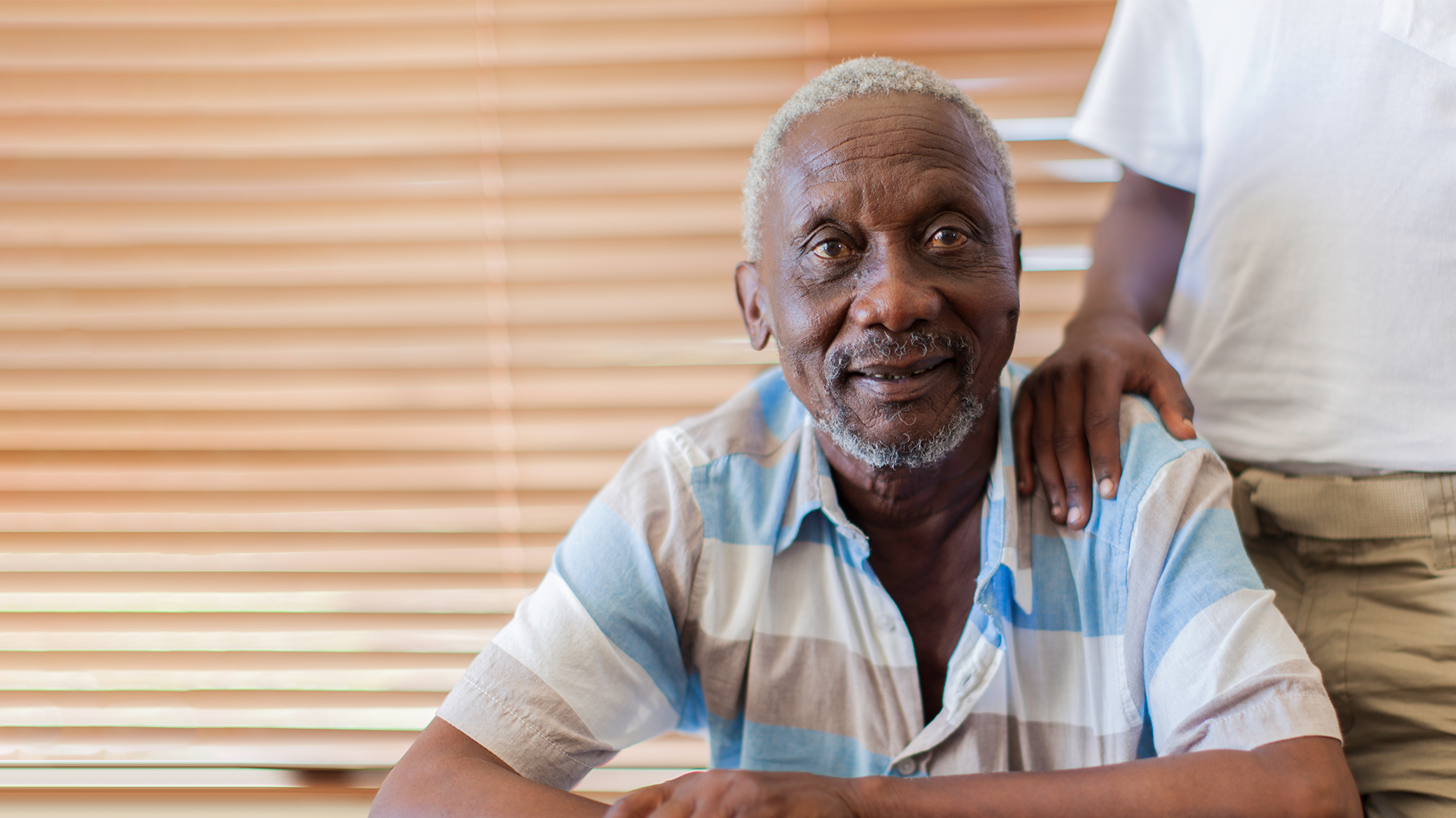Supporting Someone with Prostate Cancer

Finding out that your spouse, father, brother, uncle or partner has been diagnosed with prostate cancer is never easy. The diagnosis is bound to bring about feelings of uncertainty; not only for the patient but for family and friends who may not know how to provide comfort and support along the journey. Denise Johnston, the wife of prostate cancer survivor Iain Johnston, confesses she was profoundly shocked and baffled by her husband’s positive biopsy results, despite being aware of the regular PSA tests he did over the years.
Supporting someone with prostate cancer can be challenging, but a solid support structure is essential to the mental and physical wellbeing of patients and caregivers alike. “We shared the results with our close-knit family and just took one day at a time. It took a while for reality to set in, but we knew we had to stay positive and focused on the future”, said Denise.
Here’s how you can provide the best level of support at every stage:
Get the facts
Your loved one may find it difficult to remain clear-headed and absorb all that he’s being told. Establish a few credible sources of information and educate yourself on the various stages, treatment options, prognosis and potential side-effects he could face. Here4You provides reliable information, support and hope at every step.
Maintain open communication
While it’s important to respect your loved one’s boundaries regarding your involvement, it is equally important for all parties to be open and honest about their feelings and concerns to reduce unwarranted fear and tension.
Participate in discussions with medical professionals
Men are generally less likely to discuss their fears and health concerns. In addition, research shows that people coping with a cancer diagnosis may not absorb all the information shared by healthcare providers. You can offer to accompany your loved one to appointments, take notes and remind him of important points to clarify with his doctor.
Participate in the decision-making process
The facts will give you a holistic view of the journey ahead and give your loved one confidence to make difficult decisions. Offer to partake in key decisions particularly regarding treatment options which may have an impact on fertility and sexual function.
Find a support group
Despite being a team, you may not always be able to provide the level of comfort and encouragement your loved one needs. He may find great comfort learning from and engaging with prostate cancer survivors who have been on a similar journey. You can also find a support group or counsellor for both of you to share with, outside of the family structure.
Take care of yourself
As a caregiver, it’s important to take care of your own physical and emotional health too if you are to provide support when your loved one needs you most. Take care of yourself by getting enough rest, exercising and eating nutritiously. Remember to take breaks from caregiving; take time for yourself and do something you enjoy as this will help maintain your own support structures and mental health.
Regain normality
Encourage your loved one to get back on the saddle. After recovering from his operation, Iain Johnston was back in the gym and at work within three weeks. “I don’t think about what could have happened or what will happen”, said Denise. “It makes you appreciate what you have, and to do the things you want to do when you have the time to do them now.”
